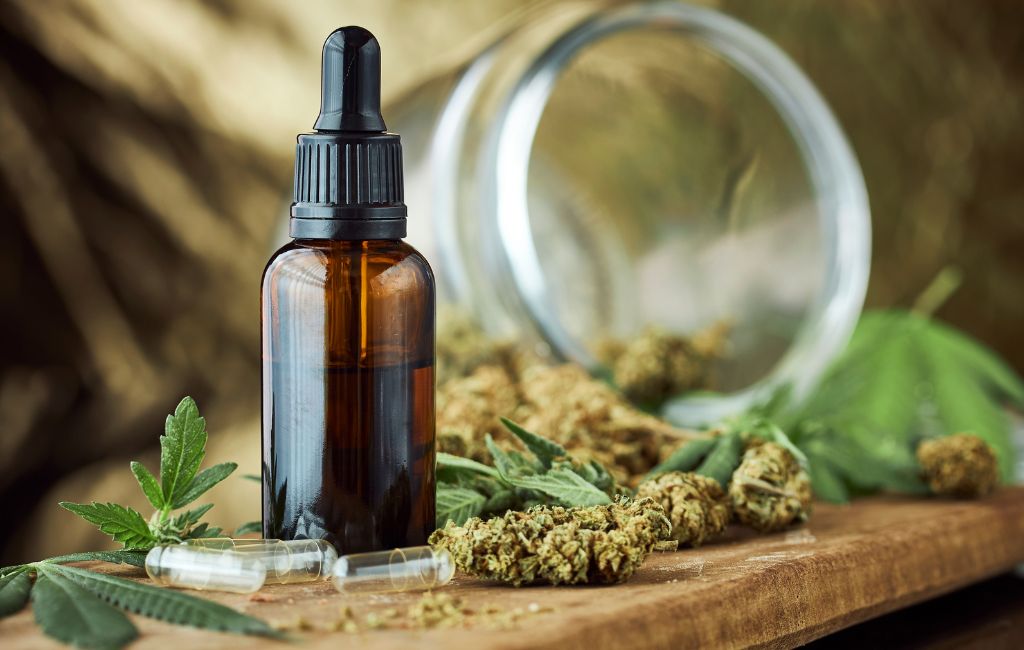THCa Flower vs THC: Understanding the Key Differences
The world of cannabis is vast and varied, with numerous compounds contributing to its effects and benefits. Among these, THCa and THC are two of the most discussed. While they share a similar name, their properties and effects differ significantly. This article explores these the thca flower vs thc, providing insights into their unique characteristics and uses.
What is THCa?
THCa, or tetrahydrocannabinolic acid, is a non-psychoactive cannabinoid found in raw cannabis plants. It is the precursor to THC, the compound responsible for the psychoactive effects commonly associated with cannabis. THCa is abundant in fresh cannabis and begins to convert to THC when exposed to heat through a process called decarboxylation.
Benefits of THCa
Research into THCa is still in its early stages, but preliminary studies suggest several potential benefits:
- Anti-inflammatory properties: THCa may help reduce inflammation, making it a potential option for those with inflammatory conditions.
- Neuroprotective effects: Some studies indicate that THCa might protect brain cells, which could be beneficial for neurodegenerative diseases.
- Anti-emetic properties: THCa has shown promise in reducing nausea and vomiting, particularly in chemotherapy patients.
Understanding THC
THC, or tetrahydrocannabinol, is the most well-known cannabinoid due to its psychoactive effects. It is responsible for the “high” that users experience when consuming cannabis. THC is formed when THCa is heated, either through smoking, vaping, or cooking.
Effects of THC
THC is known for its wide range of effects, which can vary depending on the strain and method of consumption:
- Euphoria: Many users report feelings of happiness and relaxation.
- Altered perception: THC can change the way users perceive time and space.
- Increased appetite: Often referred to as “the munchies,” THC can stimulate hunger.
Comparing THCa and THC
While both THCa and THC originate from the same plant, their differences are significant. Here are some key points of comparison:
- Psychoactivity: THCa is non-psychoactive, whereas THC is psychoactive.
- Legal status: In many regions, THCa is legal, while THC is regulated due to its psychoactive nature.
- Medical applications: Both compounds have potential therapeutic benefits, but their applications may differ based on their effects.
Case Studies and Research
Several studies have explored the potential benefits of THCa and THC. For instance, a study published in the British Journal of Pharmacology highlighted THCa’s anti-inflammatory properties. Another research article in the Journal of Neuroimmune Pharmacology discussed THC’s potential in managing pain and spasticity in multiple sclerosis patients.
These studies underscore the importance of continued research into both compounds to fully understand their potential benefits and applications.
Practical Applications and Usage
For those interested in using THCa or THC, understanding their applications is crucial. THCa is often consumed in its raw form, such as in smoothies or juices, to preserve its non-psychoactive properties. THC, on the other hand, is typically consumed through smoking, vaping, or edibles to experience its psychoactive effects.
Choosing Between THCa and THC
The choice between THCa and THC depends on the desired effects and legal considerations. Those seeking therapeutic benefits without psychoactivity might prefer THCa, while those looking for recreational use or specific medical applications might opt for THC.
Conclusion
Understanding the differences between THCa and THC is essential for anyone interested in cannabis. While they share a common origin, their effects, legal status, and applications vary significantly. As research continues, the potential benefits of both compounds will become clearer, offering more options for consumers and patients alike.
In summary, THCa offers non-psychoactive benefits with potential anti-inflammatory and neuroprotective properties, while THC provides psychoactive effects and is widely used for both recreational and medical purposes. The choice between them should be informed by individual needs and legal considerations.
